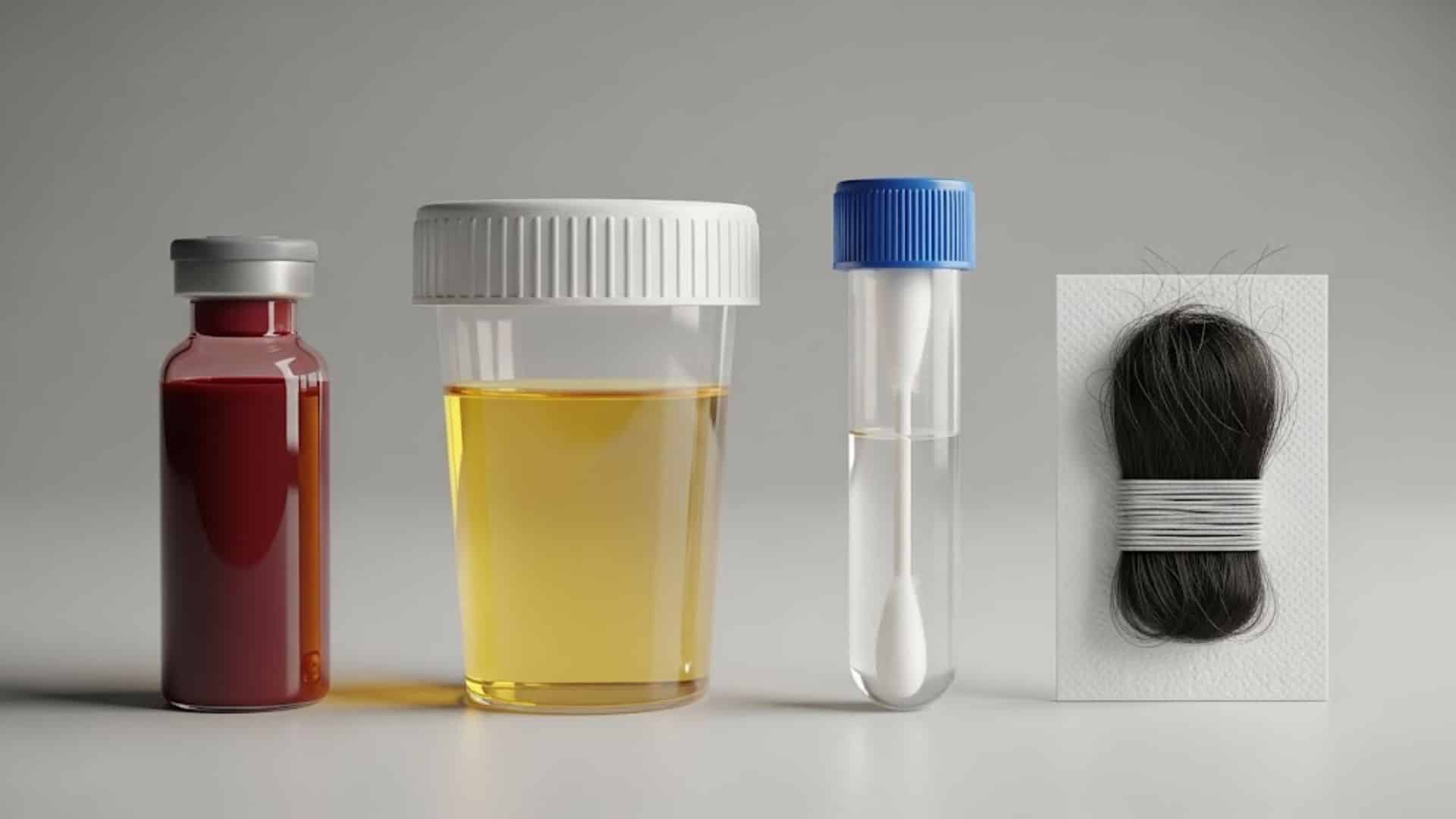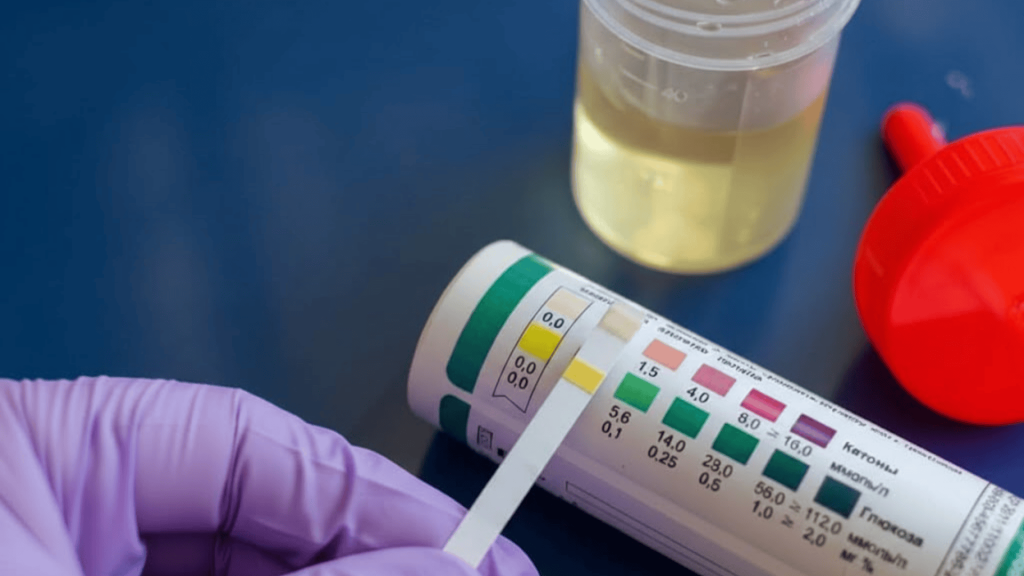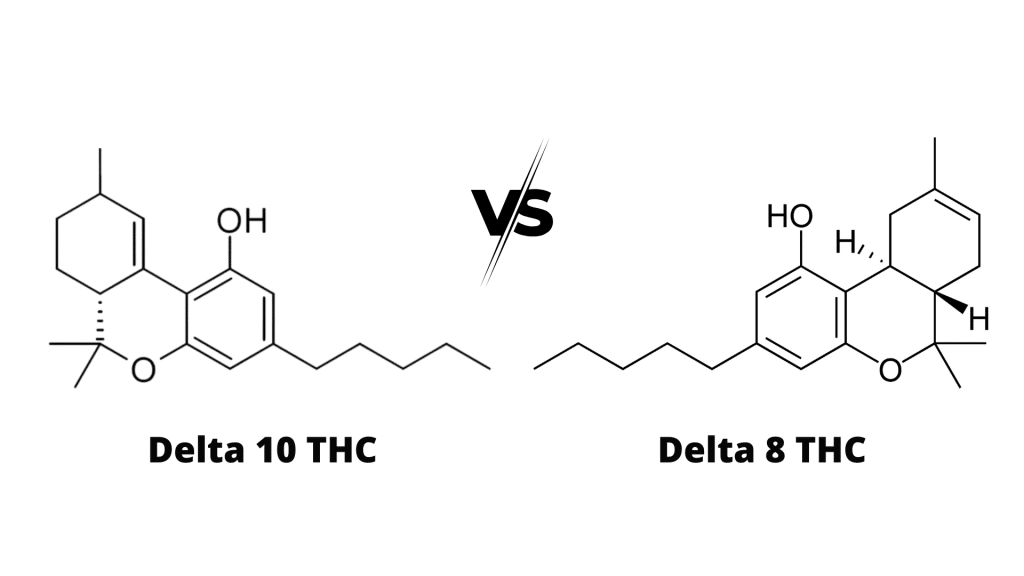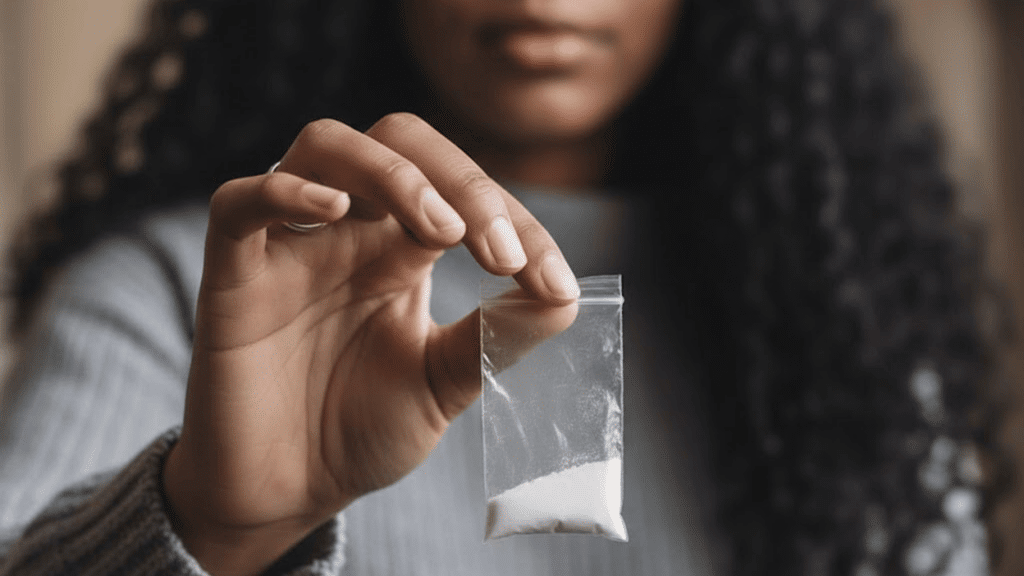Ever thought about “how long does heroin stay” in your system after someone uses it?
Heroin is a dangerous, illegal drug that affects your brain and body in serious ways. Detection times matter because they help doctors, employers, and courts understand recent drug use patterns.
Different tests can find heroin or what it becomes in your body for varying amounts of time. Blood tests can remain effective for hours, while hair tests can provide results that go back months. Your personal factors, such as age and usage patterns, also affect these timeframes.
I want to give you clear, honest answers about heroin detection windows and what they mean. Knowledge is your first step toward making better choices for your health and future.
Disclaimer: This information is provided for educational purposes only and should not replace professional medical advice or treatment.
How is Heroin Metabolized in the Body?
When heroin gets into your body, it changes super fast into something called monoacetylmorphine or 6-MAM. Then 6-MAM turns into morphine, which is what actually affects your brain. This whole change happens really quickly. That’s why people feel heroin’s effects almost right away.
The actual heroin doesn’t stick around long in your body. It only lasts about two to six minutes. But the stuff it turns into, like morphine, stays much longer. You can find these leftovers in blood, pee, or hair for days or weeks.
That’s why drug tests look for morphine instead of heroin. The heroin is already gone, but morphine is still there to detect.
How Long Does Heroin Stay in Your System by Test Type?

Different tests can find heroin in your body for different amounts of time. The type of test I use depends on what doctors or employers need to know.
Here’s how long each test can detect heroin:
1. Blood Tests
Blood tests can only detect heroin for about six hours after someone uses it. They can find what heroin turns into for up to 24 hours.
Hospitals use these tests when they need answers fast. Blood tests aren’t used much for regular drug screening. That’s because heroin leaves your blood really quickly. Doctors mostly use them in emergency rooms or medical situations.
2. Urine Tests
Urine tests are the most popular way to check for heroin use at jobs and rehab centers. These tests look for morphine, which is what heroin becomes in your body. They can usually find it for 1 to 4 days after use.
The duration depends on how much someone uses it and their body. Most employers and courts prefer urine tests because they’re reliable and affordable.
3. Saliva Tests
Saliva tests are easy to do because you just spit in a cup. Some workplaces use them because they give quick results on the spot. But they only work for about 24 to 48 hours after use.
This makes them good for finding recent heroin use only. They’re not as invasive as other tests. Police sometimes use them during traffic stops.
4. Hair Tests
Hair tests are used to find out if someone has used heroin many times over several months. Heroin gets stuck in your hair as it grows out from your scalp.
These tests can show use from up to 90 days ago or longer. They’re expensive but good for seeing patterns of use. Courts and some jobs use hair tests for this reason.
Factors That Extend or Shorten Detection Times
Several things can change the length of time heroin stays in your system.
Here’s what affects detection times in different people:
- The amount and frequency of heroin use affect detection times significantly.
- The method of taking heroin matters, whether smoking, snorting, or injecting it.
- Using other drugs like alcohol or pills can change the detection window lengths.
- Your age, weight, and metabolism speed all make a difference in results.
These factors work together to determine your personal detection window. Understanding these can help explain why times vary between different people.
Risks of Heroin Use Beyond Detection

Heroin does not just leave traces in the body; it can cause serious harm both right away and over time. In the short term, heroin slows breathing and heart rate, which can lead to overdose, coma, or even death.
It also makes people very sleepy and confused, putting them at risk for accidents and injury. Long-term use can cause addiction, where the body and brain depend on the drug to feel normal.
People who inject heroin may suffer collapsed veins and dangerous infections from unclean needles. Over time, heroin also damages the liver and kidneys and can weaken the immune system.
Mental health can decline too, with depression and anxiety becoming worse. These risks go far beyond simple detection.
Can You Flush Heroin Out Faster?
Many people believe drinking lots of water, using detox kits, or exercising can quickly flush heroin out of the body. However, research shows these are myths that do not speed up detox.
The body needs time to naturally break down and remove heroin and its metabolites. According to studies from global organizations like Columbia University Medical Center, fast detox methods, including anesthesia-assisted detox, are unsafe and often ineffective.
The only real way is through medically supervised detox to safely manage withdrawal symptoms. This process can take days or weeks, depending on the person.
Medical supervision helps prevent severe risks like dehydration, seizures, and relapse during withdrawal JAMA study on anesthesia-assisted detox.
Getting Help for Heroin Addiction
Recovery from heroin addiction involves different treatment options and support resources that you can access. These choices help you make informed decisions about getting the help you need:
Treatment Options
Getting better from heroin addiction is possible with the right help and support from doctors. Treatment usually starts with detox under medical care to handle withdrawal symptoms safely.
Doctors use special medicines like methadone and buprenorphine to reduce cravings and prevent relapse. These medicines help your body adjust without heroin.
Therapy teaches you new ways to cope with stress and change bad habits. Support groups connect you with other people who understand what you’re going through.
The best results happen when you combine medicine with therapy and support groups.
Resources and Hotlines
There are several places and ways to get help for heroin addiction, including:
- National helplines like the SAMHSA Helpline in the U.S. offer free support and information.
- Local addiction treatment centers provide professional care and therapy services.
- Online support communities offer peer encouragement and advice anytime.
- Some hospitals and clinics specialize in addiction treatment and recovery programs.
These resources can provide guidance, support, and treatment options when someone is ready to get help. It’s important to reach out early.
Wrapping It Up
Now you know how long heroin stays in your system through different testing methods. Heroin itself leaves your body quickly within minutes, but its metabolites stick around much longer.
Tests can detect these leftovers for days, weeks, or even months, depending on the method used. Remember that detection times are just one small part of a much bigger picture.
The real dangers of heroin use go far beyond failing a drug test or screening. If you or someone you care about struggles with heroin, please reach out for professional help today.
Recovery is possible with the right support and treatment options available to you. Share your thoughts and questions in the comments below.






